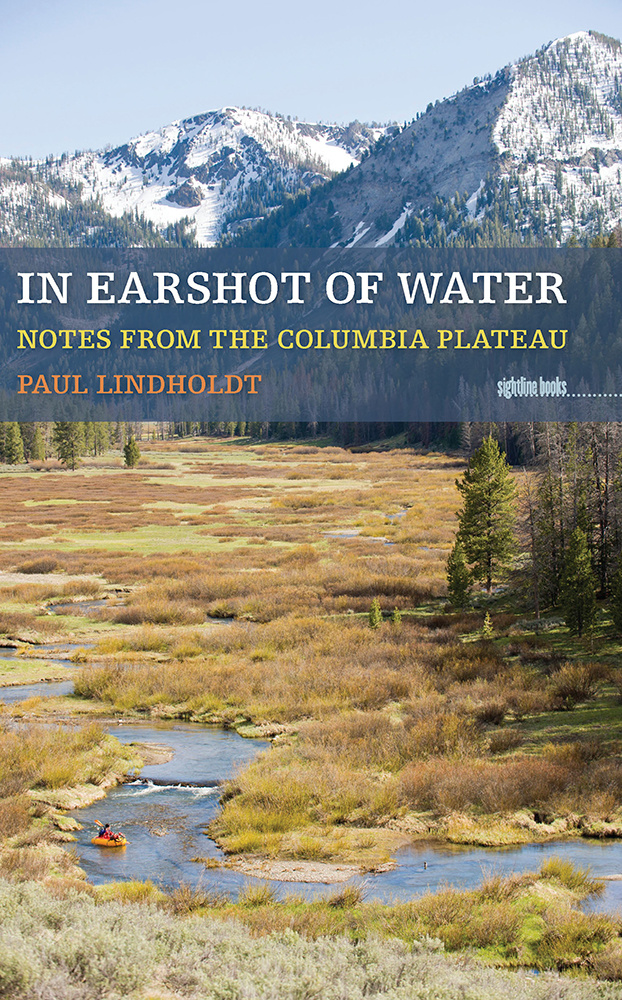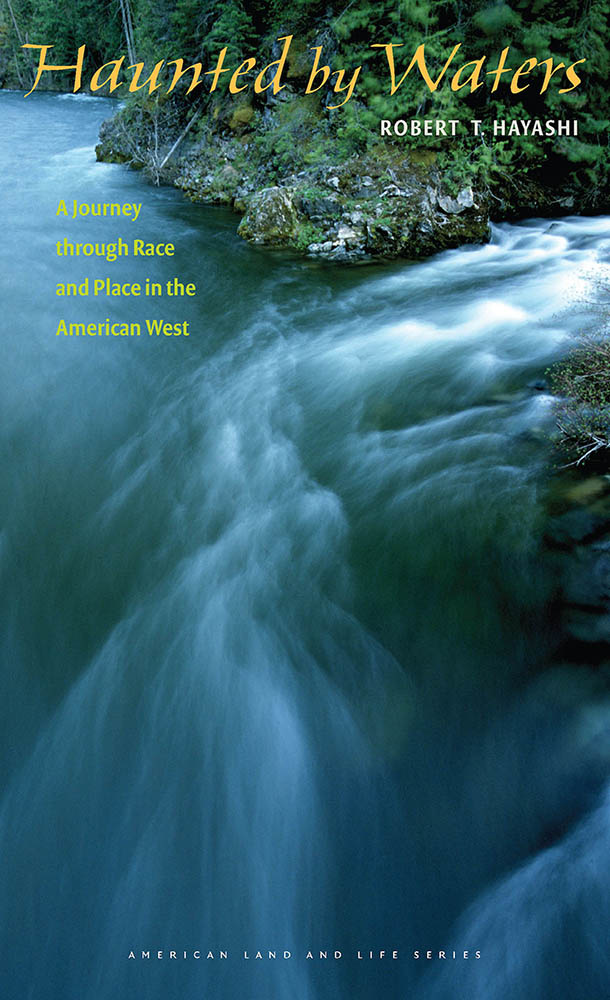In the continental United States, rivers serve to connect state to state, interior with exterior, the past to the present, but they also divide places and peoples from one another. These connections and divisions have given rise to a diverse body of literature that explores American nature, ranging from travel accounts of seventeenth-century Puritan colonists to magazine articles by twenty-first-century enthusiasts of extreme sports. Using pivotal American writings to determine both what literature can tell us about rivers and, conversely, how rivers help us think about the nature of literature, The Meaning of Rivers introduces readers to the rich world of flowing water and some of the different ways in which American writers have used rivers to understand the world through which these waters flow.
Embracing a hybrid, essayistic form—part literary theory, part cultural history, and part fieldwork—The Meaning of Rivers connects the humanities to other disciplines and scholarly work to the land. Whether developing a theory of palindromes or reading works of American literature as varied as Henry David Thoreau's A Week on the Concord and Merrimack Rivers and James Dickey’s Deliverance, McMillin urges readers toward a transcendental retracing of their own interpretive encounters.
The nature of texts and the nature of “nature” require diverse and versatile interpretation; interpretation requires not only depth and concentration but also imaginative thinking, broad-mindedness, and engaged connection-making. By taking us upstream as well as down, McMillin draws attention to the potential of rivers for improving our sense of place and time.
“Water floats memories. Think of any phase in your experience and soon you will find some stream twisting through your thoughts. . . . Scott McMillin revives them for me in The Meaning of Rivers. His effort is both ambitious and disarmingly simple. He wants, as his title suggests, to set us thinking not about the surface of rivers, whether smooth and shiny or turbid and rough, but rather about their philosophical significance. ‘What do rivers mean?’ he insists on asking us at the outset, and he will not let us off easy. We cannot reply that rivers are about the endless flow of experience, or that they mirror the fluid uncertainty of our souls—such clichés will not do. For one thing, he conceives of rivers in their intransigent thereness, their actuality. If rivers are to mean something, it will not be because we can forget actual flows of water, with the debris they carry and the work they do. It is because we remember their material reality that we will earn the right to ask the deeper questions he wants us to consider.”—Wayne Franklin, from the foreword
“Rivers not only wind their way across the American continent, but course through American literature and art. T. S. McMillin offers a learned and lively primer for our reading of river literature and of rivers themselves—and in the process a primer for understanding how the human mind derives meaning from all of nature.”—Scott Slovic, author, Going Away to Think: Engagement, Retreat, and Ecocritical Responsibility



